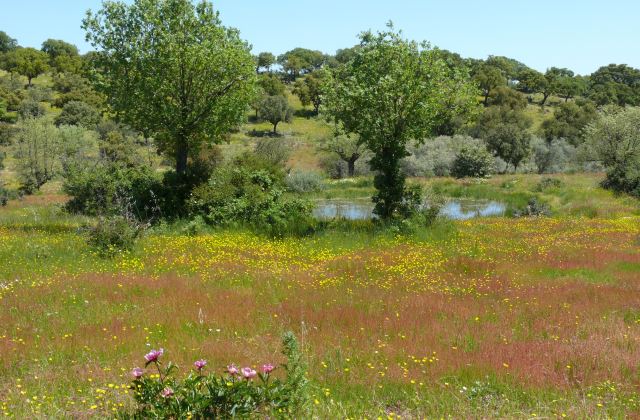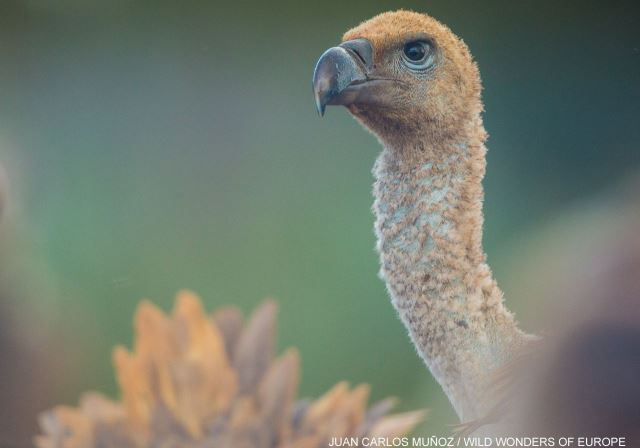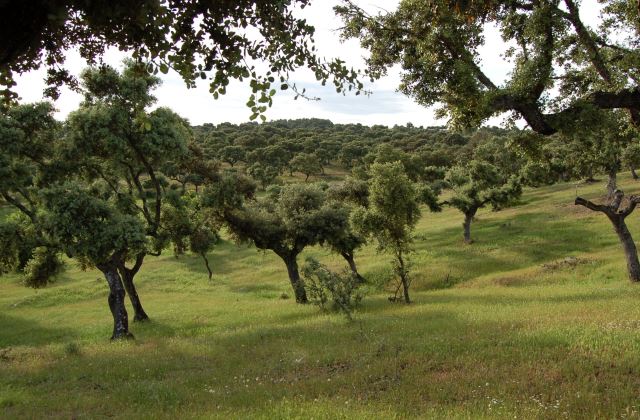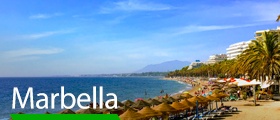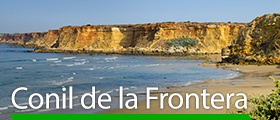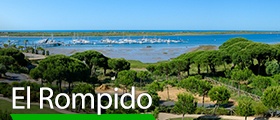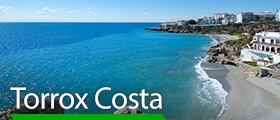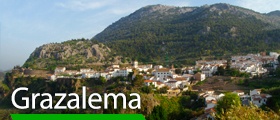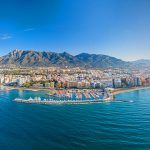
Re-Wilding Europe – Europe’s Return To The Wild
We often try to imagine what it would be like if Europe’s long history of construction and urban development had not had the impact on the natural environment. What was our continent like before the hand of man came to shape our nature? How has animal life developed in the wild? What about the plants around us?
Taking these questions on, the WWF Netherlands, ARK and Wild Wonders of Europe have launched ‘Re-Wilding Europe’, a program that aims to turn back to the clock and try to return selected points of European landscape to their natural state. These five areas of interest are those east and south of the Carpathians, the Danube Delta, Velbit (the largest mountain range in Croatia) and the west of the Iberian Peninsula.
However, this initiative is not limited to those areas as the intention is to continue expanding over time in hopes of reaching a million hectares by 2020, distributed over 10 different areas. Overall, the project is based on returning animals to their native environments and to ensure the conservation of flora on each site.
Spanish Wildlands
The Foundation of Nature and Man (FNYH) is responsible for coordinating this project within Spain, while the Associaçâo e Natureza (ATN) will be responsible for it in Portugal. An example of what this program will look like in Spain and Portugal can be found with the project’s treatment of the Campanarios de Azaba. For now, this is the only point in Spain that will be covered, but that coverage will be expanded in October at the 10th World Wilderness Congress will be held in Salamanca where new areas of implementation will be announced, including possible new locations on the Iberian Peninsula.
For now, the Campanarios de Azaba’s ‘return to the wild’ has already begun with the release of protected Retuertos horses to the Doñana marshes. This is just the first step towards similar projects with cattle, deer and clearing the way to introduce the lynx once again.
One of the cornerstones of ‘Re-Wilding Europe’ is the introduction of large herbivores into local ecosystems. With the release of these horses, “will help to prevent fires and maintain open areas, which are receptors for greater biodiversity,” said FHYV president, Carlos Sanchez.
However, this project represents not only a significant environmental appeal, but also an economic one. The Iberian Peninsula has been shaken in large part by a crisis in the agricultural and construction sectors. This measure may serve as both an economic engine for these areas as that depend on and promote responsible tourism and interaction with nature that is increasingly in demand by European tourists.
Re-Wilding Europe arrives in Spain as a way of further enriching our environmental quality. One should never forget the value of our natural parks, like Doñana, open areas such as the Sierra de Grazalema and El Torcal de Antequera, and of course, the attraction of miles of sea and ocean that wash up along our shores. In October we will see if this European program finally turns his eyes back to Spain.
